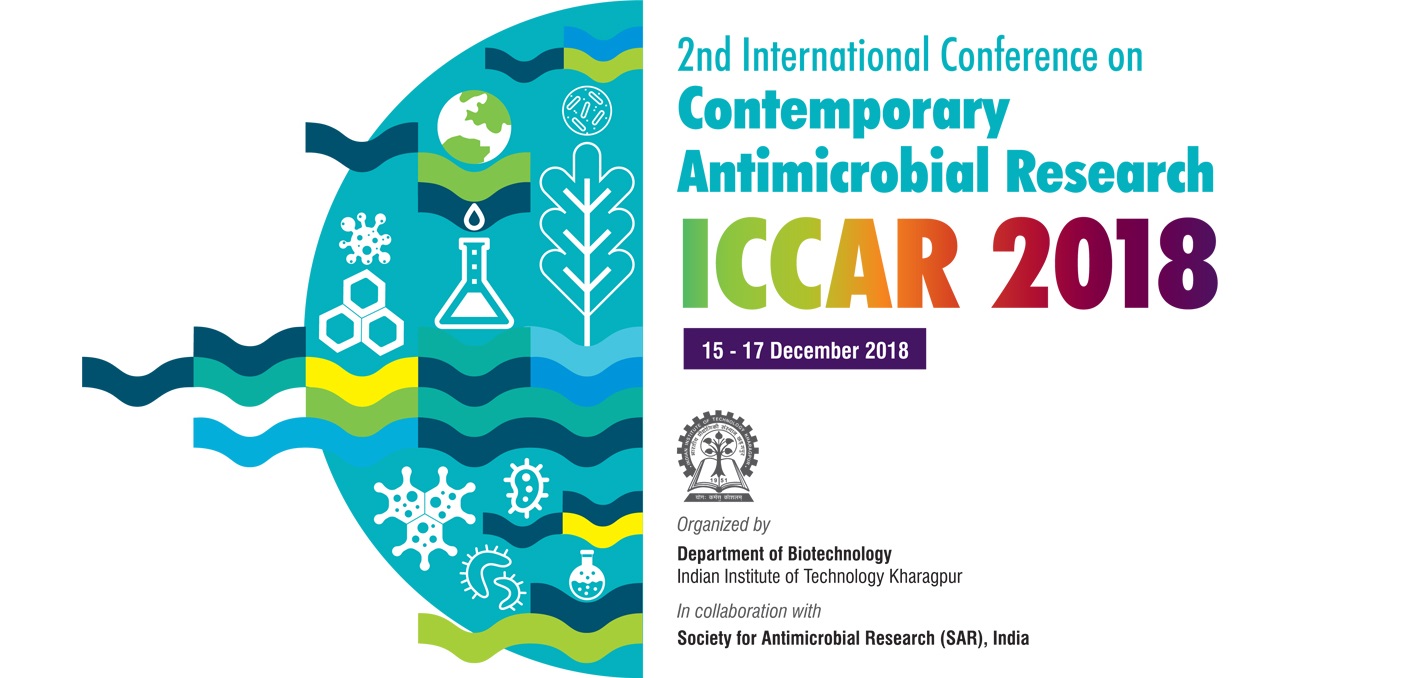
Global Experts to address Antimicrobial Resistance Challenge at IIT KGP
Business Standard Jagran Josh NDTV The Week Millenium Post Antimicrobial Resistance is one of the most crucial challenges faced by the healthcare industry. In the 21st century, germs are evolving resistance to drugs at a faster rate which has now been identified as a severe global threat. A major contributor to this issue has been our malpractices of antibiotic use, be it not finishing the entire antibiotic course or over-prescription of antibiotics for human patients or in livestock and pisciculture. This is further aggravated by poor infection control in health care settings, poor hygiene and…
